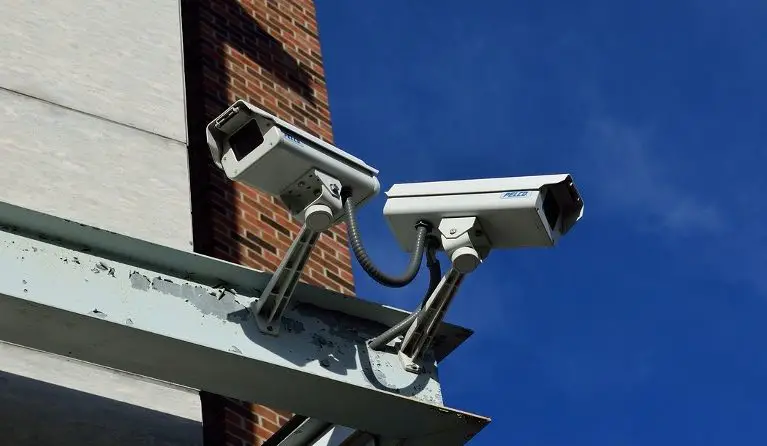Surveillance cameras are a great way to deter crime. They help to make our homes and neighborhoods safer.
There are many benefits of surveillance cameras for personal safety. They can be used as a preventive measure against burglaries, robberies, and other crimes.
The installation of surveillance cameras can also help to identify criminals in the act or provide evidence if they commit a crime.
The Varied Uses of Surveillance Cameras
Surveillance cameras also serve as a deterrent for potential criminals because they know that they are being watched. If a criminal knows that they are being watched they are more likely to refrain from committing a crime.
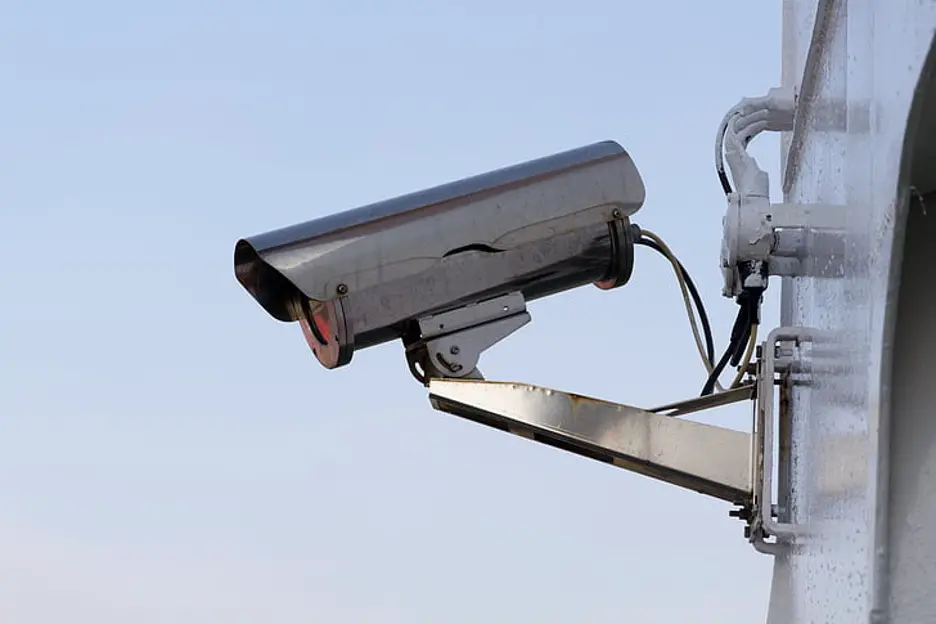
Surveillance cameras can also be used as part of an investigation. They may be used to identify suspects, witnesses, or victims of crime in the act, and provide evidence in the court of events that have taken place.
Surveillance cameras may also be used by law enforcement officials as part of a sting operation to record offences on video and then present the evidence obtained at trial. They could also be used to identify or track suspects for a variety of other investigative purposes.
Surveillance cameras can be attached to the outside or inside of a building. They may also be stationary, or mobile (such as those on police patrol cars). Surveillance cameras are usually installed in high-risk locations where crime is most likely to occur, such as banks and casinos.
They are often used by businesses that need quick access to surveillance footage during an incident. Surveillance cameras may also be mounted on animal shelters, observatories, and hospitals.
Some cameras can capture events in front of the lens without needing a separate camera for each area, allowing one to keep track of and watch an entire scene from one position. The use of multiple monitors makes it possible to display dual or even triple screens on a single computer monitor.
Why Surveillance Cameras Lower Crime Rates
There is a growing trend to install cameras in public places across the country. These cameras are called "surveillance" or "closed-circuit television" (CCTV) cameras. The purpose of these devices is to curb crime and help law enforcement identify criminals in the area. There has been a lot of debate about these surveillance cameras in recent years. Many people are concerned that the proliferation of these cameras causes privacy violations.
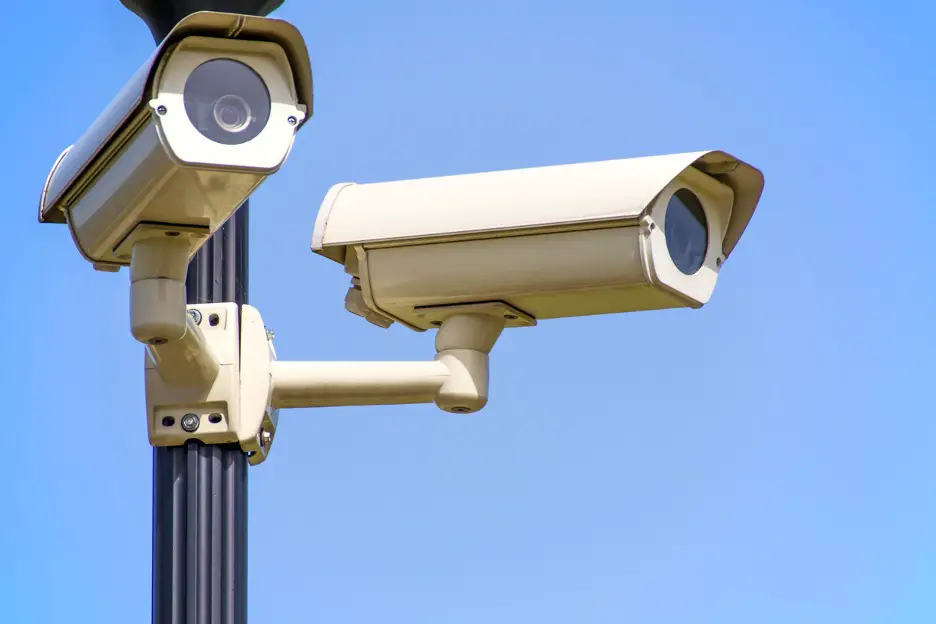
They believe they are an invasion of privacy and could be used by law enforcement to harass people with unwarranted investigations or even cause false arrests. Other people argue that the cameras are effective crime-fighting tools, deterring criminals and providing law enforcement officials with valuable information.
The physical appearance of CCTV is similar to a television set due to the large number of cameras which are usually placed at high points around a site.
CCTV can be installed in various locations, including privately owned businesses and public areas, but it is not limited to these places. There are two types of CCTV: closed-circuit television (CCTV) and open-circuit television (OCTV). Closed-circuit TV is simply another name for CCTV and it is typically used in public areas. Open-circuit TV, on the other hand, refers to any type of camera that does not have a circuit or screen but can be viewed from anywhere.
The Dangers of Urban Outrage in the Age of Technologies
In the age of high-tech surveillance, a new form of public outrage is taking shape. People are now able to share their experiences with others and mobilize around them. Technology has created new opportunities for citizens to express their opinions publicly, but some risks come with this shift.
Technology has been a boon for mankind. It has helped us in our everyday lives and made our lives easier and better. However, the same technology can be misused by people who want to commit crimes.
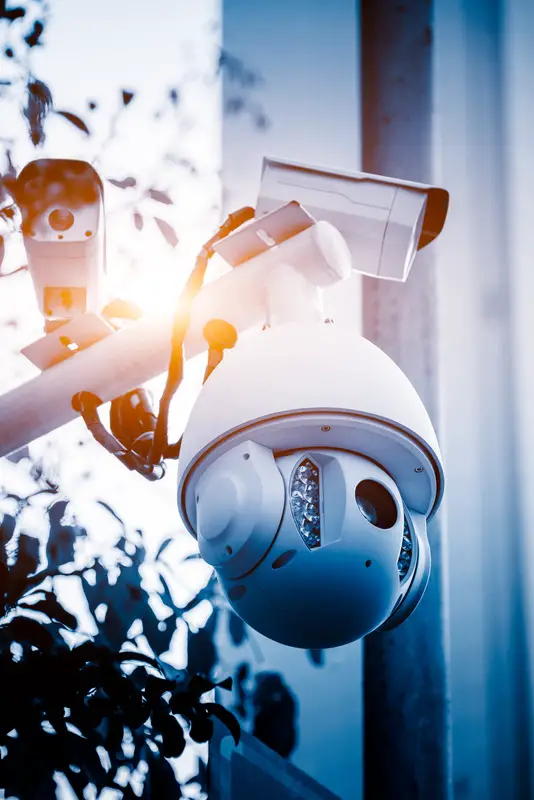
The cameras keep an eye on everything from the traffic to people in their cars and even inside their homes. This is not just for security purposes, but also to deter crime as well. The cameras are fixed, and they also have a very high resolution. They can also work with facial recognition, so if anyone is found breaking the law, they can be arrested as soon as they come into view.
In this article I explore this further and have an in depth look at 3 cameras you might consider using at home.
“In Montgomery County, you'll see more than 4,000 cameras," said Maryland State Police Greg Shipley. "This is one of the largest deployments of closed-circuit television in the world. The county has been using these surveillance systems for nearly 20 years. The camera system is a part of the Montgomery County Police Department, which has over 1,000 cameras. It's one of the county's most efficient tools in fighting crime.”
What Are the Benefits of a CCTV Camera System in Your Home or Business?
A CCTV camera system is a great way to deter crime and keep your home or business secure. With this system, you can monitor your surroundings and see what’s going on at all times.
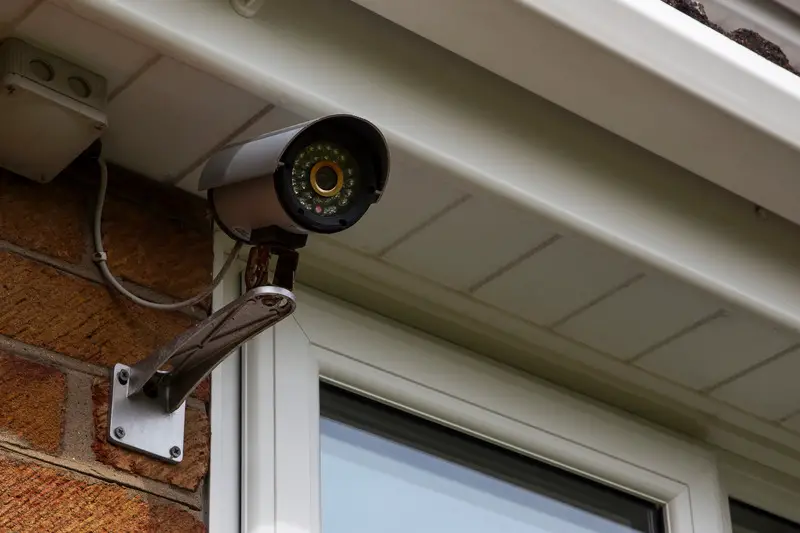
There are many benefits of having a CCTV camera system in your home or business. To name a few, they can help you to monitor what’s happening around the house while you are away; they can provide evidence if something happens, and they are an inexpensive way to protect yourself from burglary.
They work by recording activity and sending that footage to a live feed or recording it in video files. This is helpful because it can lead to the arrest of criminals and help you feel safer in your home or business.
This is why more people are investing in CCTV camera systems for their homes and businesses.
These are some benefits of installing a CCTV camera system at your home or business:
- It can provide evidence if you were the victim of a crime, making it easier for law enforcement officials to find and arrest the perpetrator
- You'll be able to see what's happening when you're not there, which is especially useful if you have children
- It will make your property safer as criminals will think twice about committing crimes on your property as they'll know that there's a high chance they'll get caught
- It can help you prevent theft if you find that something appears to be missing
- It's a great way to monitor your property when you're out of town or vacationing
How to Deter Crime with Surveillance Cameras (The Pros & Cons of Security Cameras at Work)
Security cameras have become a standard in the workplace. They are commonly used in stores, banks, schools, and many other public places. But do they deter crime? These are some tips on how to use them to deter crime in your workplace.
Cameras should be placed in places where security is needed. Cameras can be placed near cash registers and ATMs because criminals might target employees to steal money or gain access to the machines. They should also be in the most heavily-trafficked areas of your workplace, such as lobbies and hallways.
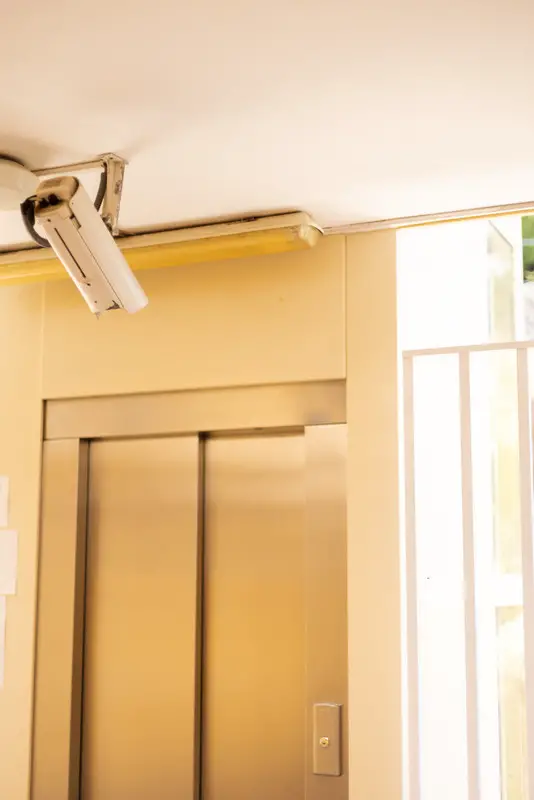
A common tip for camera placement is to place a camera above every door that leads into your building from outside so that you can see who approaches from outside before they can see you. Cameras should be placed at high points such as corners and windows, as these places usually have a higher vantage point.
Cameras should be placed on walls near entrances just in case an intruder enters through the wall. All lights should be on at night. If your office has a window, security cameras should also be positioned outside to see if the lights are on or off at the other buildings. All lights should be on at night.
Install motion detectors on the outside of your building. If you're not able to install any cameras, consider hiring a security guard or managing partner.
What if I need to enter my office after hours? During non-business hours, use your key fob and make sure only people with access are allowed in.
Many people worry about their safety when working in the office. Whether it be a looming threat of violence or just the lack of privacy, it's difficult to feel secure without a little reassurance. That's why security cameras are so popular in office buildings these days.
They provide a sense of safety and security for employees, who can depend on them for help. If you've ever been in an office building that has security cameras, you might have noticed a few things about them.
For instance, you might have noticed that the recordings are stored on a hard drive that is plugged into the wall behind the camera. What makes these hard drives so important? Well, to protect your privacy and maintain data integrity, it's important to know where your data is stored.
Most times, this means it's stored on a hard drive that's physically close to you or the data itself. What are the steps to take when my computer crashes? If your PC has crashed, you'll need to do a few things before getting it back up and running.
Choosing the Right Surveillance Camera for Your Needs
Choosing the right surveillance camera for your needs can be a difficult task. There are many different features and options to choose from, which can lead to confusion. This guide will help you understand what features you should look for when choosing a CCTV camera system.
What Features Should You Look For?
The first thing to keep in mind is that there are two main types of surveillance cameras: analogue and IP cameras. Analogue cameras use coaxial cables, while IP cameras transmit video signals over the internet or through Wi-Fi.
If you want remote access to your footage, an IP camera is much more convenient than an analogue one because it doesn't require any additional equipment or installation.
Analog CCTV Cameras
Analog CCTV cameras are not as popular as they once were due to their outdated technology and lack of remote access capabilities. They do have some advantages, however - they are cheaper and easier to install than their IP counterparts because the coaxial cable only requires a power source and antennae for transmission rather than cables for power and Wi-Fi reception. An analogue CCTV uses an analogue signal transmitted by a coaxial cable. A CCTV receiver typically has a power supply, amplifiers and antennas for receiving the camera signals.
The CCTV can also be placed in a multiple-monitor setup with one or more monitors feeding the same receiver. Analogue cameras are not as popular as they once were due to their outdated technology and lack of remote access capabilities while they do have some advantages they are cheaper and more simplistic. Cameras used in a CCTV setup are often referred to as analogue cameras because they use a cathode ray tube (CRT) and typically require either an analogue video signal or a composite video signal. The LCD on the front of the camera provides a view of what is being viewed by the camera when it is turned on.
IP Cameras
An IP camera is a digital video camera that sends images through a network to a computer or other device.
IP cameras are popular because they offer many features that are not available with analogue CCTV cameras. For example, IP cameras allow you to set up remote viewing, which means you can view your camera feed from anywhere in the world as long as you have an internet connection.
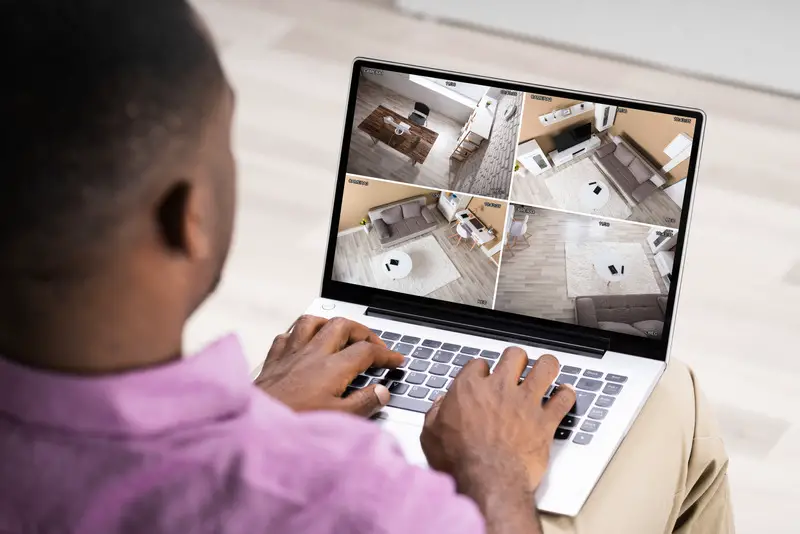
This is especially useful for businesses that want to keep an eye on their employees remotely. An IP camera typically uses a network connection to transmit video and audio. You can use a wired or wireless connection and often they are connected through a server in the cloud.
All of this makes the quality of the video higher than standard analogue cameras, but it also means that you need an internet connection to view your camera feed. There are some pros and cons with IP cameras, which we'll go over below:
Pros: The quality of the video is better than standard analogue cameras. You can view your camera feed anywhere through the internet. IP cameras are often much easier to set up and maintain than an analogue camera system.
Cons: If your internet goes down, you are out of luck. IP cameras have to have the power to function, but they lose their connection if the power is interrupted.
Conclusion
In conclusion, the use of surveillance cameras is proven to be effective in deterring crime. It has been shown that the presence of surveillance cameras reduces crime rates by up to 50%. This is because people fear getting caught on camera and they will think twice before committing a crime.

